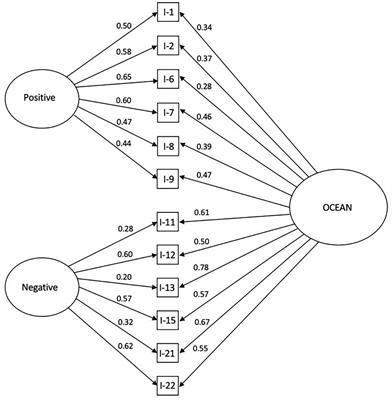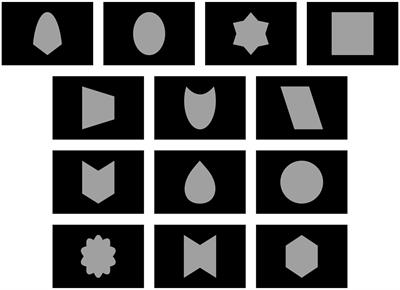ORIGINAL RESEARCH
Published on 23 Dec 2024
The manipulation of top-down interpretation as one’s symptomatic body reduces the sense of body ownership
doi 10.3389/fpsyg.2024.1399218
- 711 views
1,971
Total downloads
11k
Total views and downloads
ORIGINAL RESEARCH
Published on 23 Dec 2024
HYPOTHESIS AND THEORY
Published on 18 Nov 2024
ORIGINAL RESEARCH
Published on 22 Oct 2024

ORIGINAL RESEARCH
Published on 17 Jan 2024

ORIGINAL RESEARCH
Published on 03 Nov 2023

